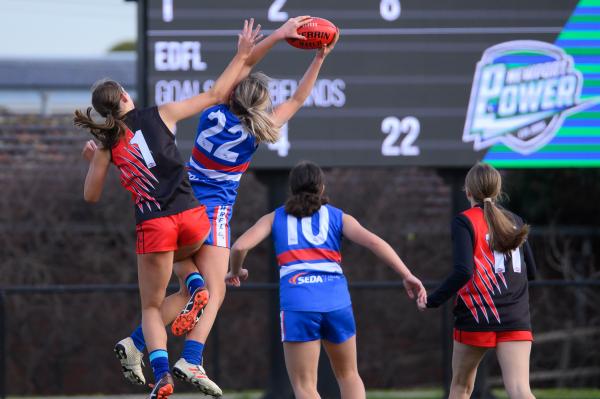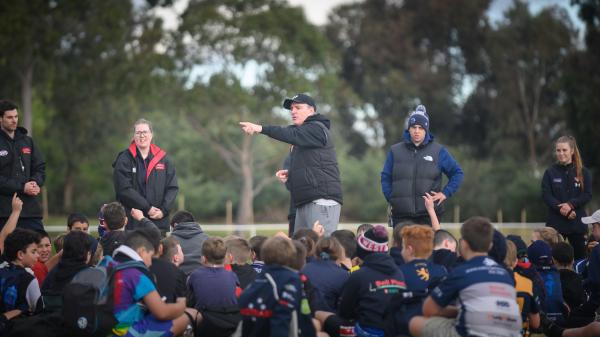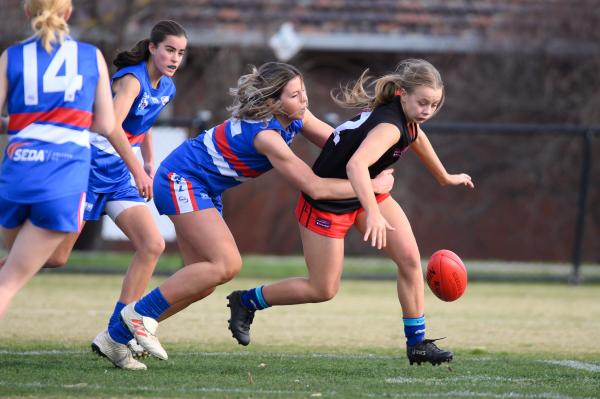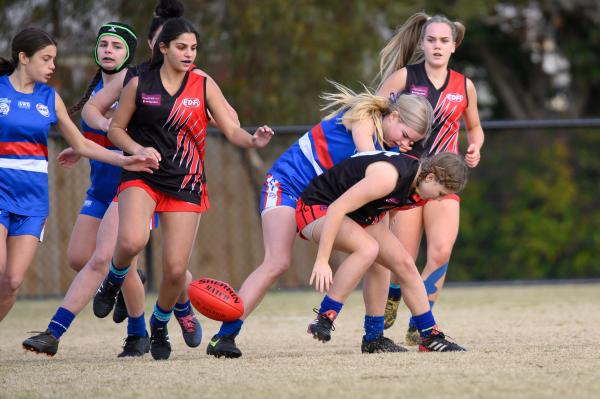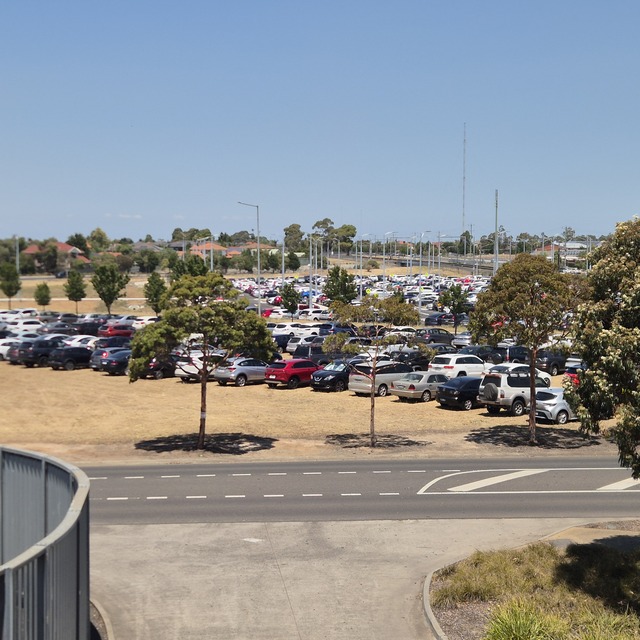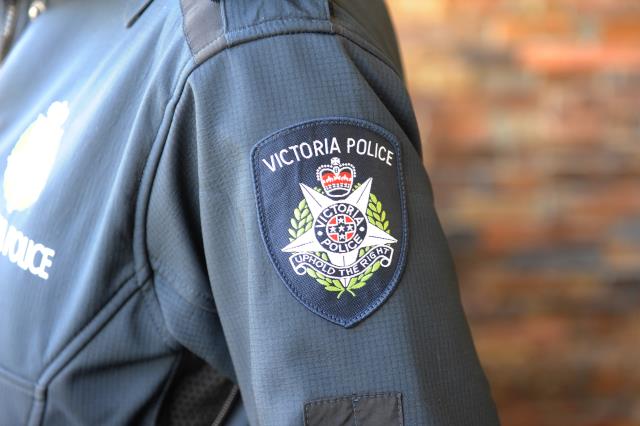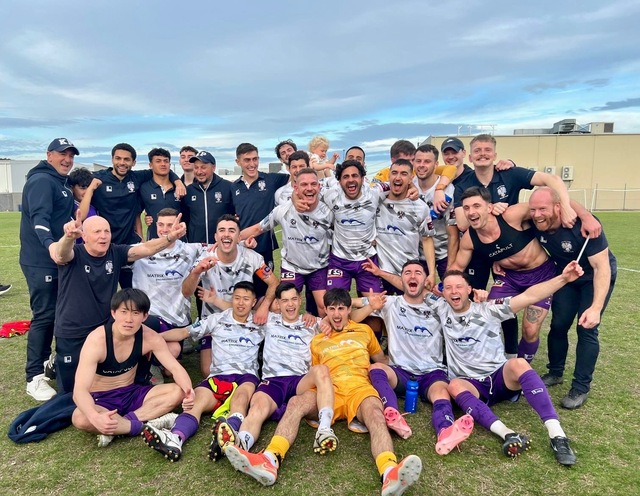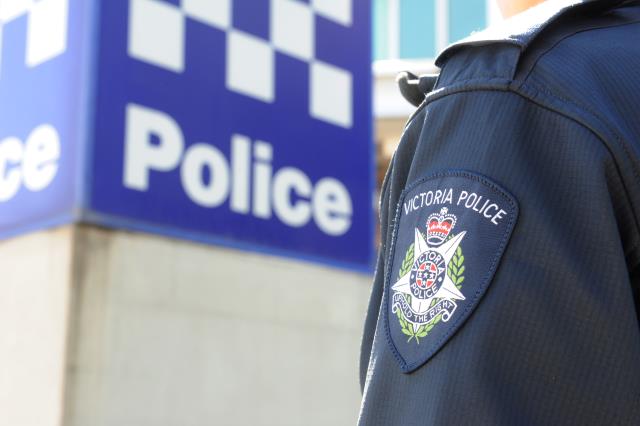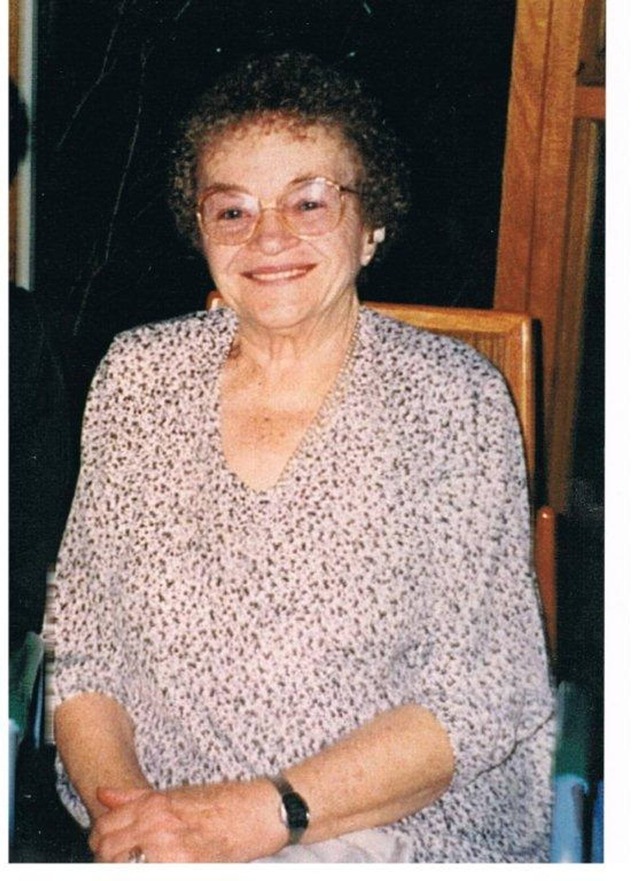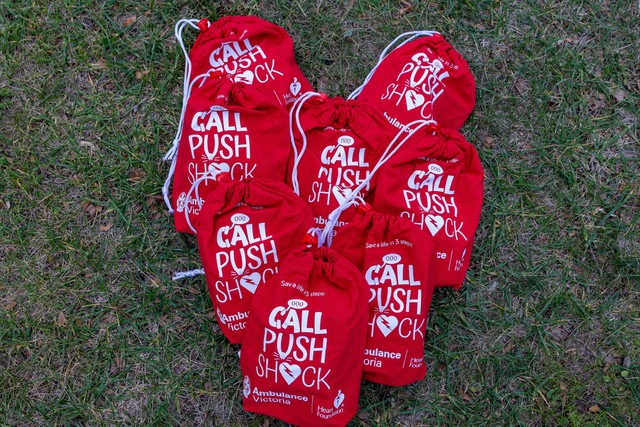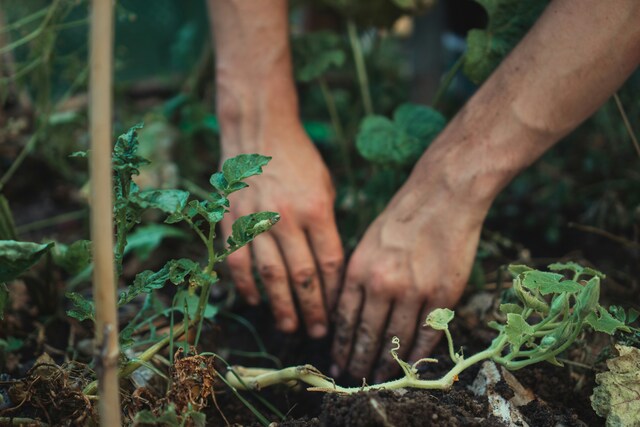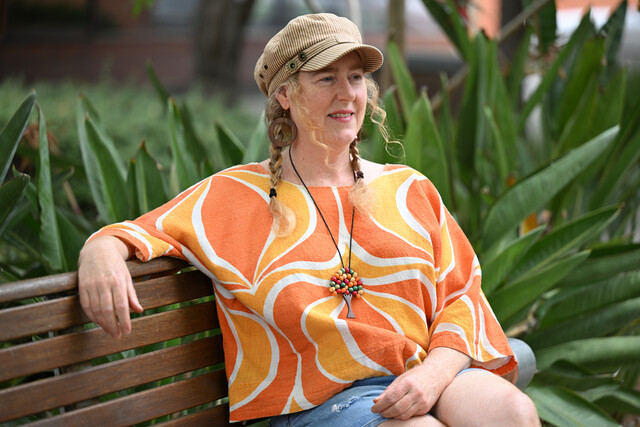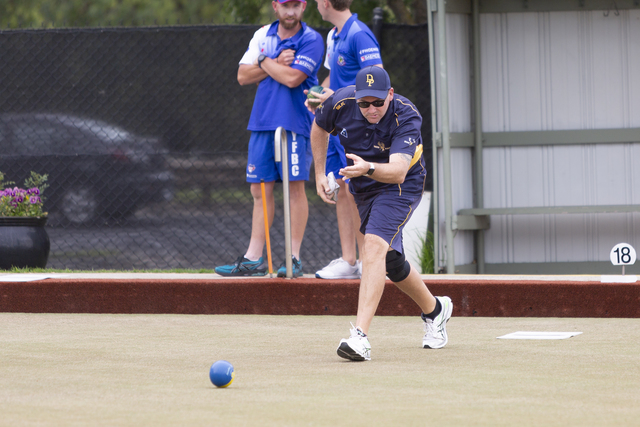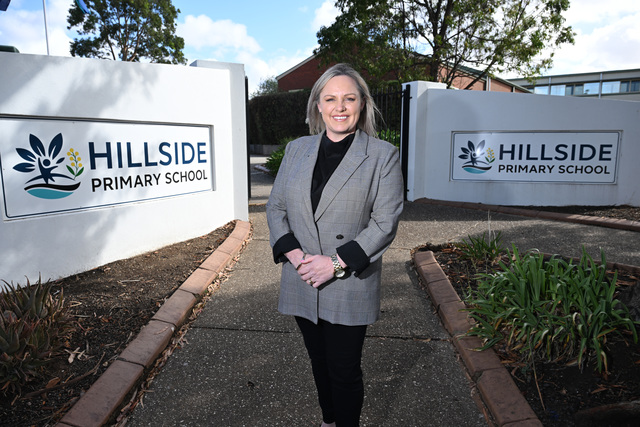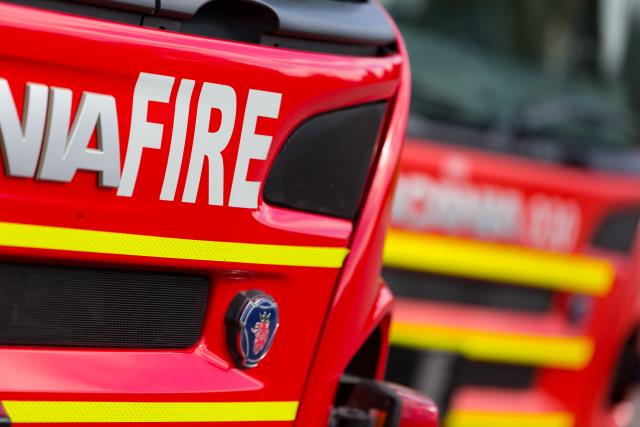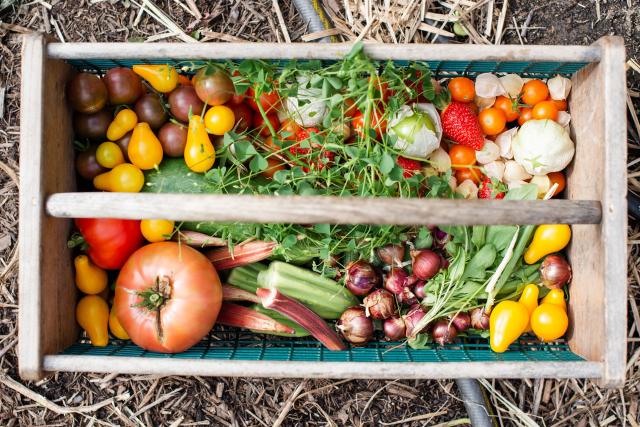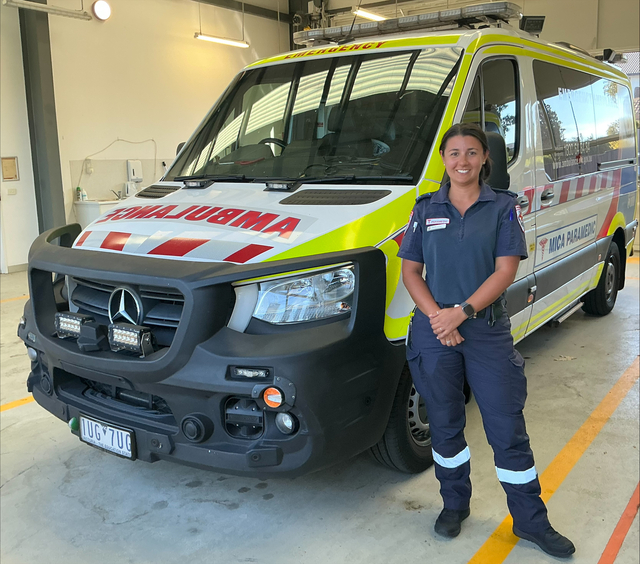“For a lot of them life stopped.”
That was the stark reality Jessica Suraci has come across through her role with Sports Chaplaincy Australia.
As Victorians suffer through a second year of lockdowns and isolation, sport has been among the biggest casualties.
Suraci is a chaplain with Taylors Lakes Football Club, but has also assisted at other clubs the last few years.
She said this year’s lockdowns were harder than those we had last year.
“Their support networks were taken away,” she said. “It takes away freedom.
“We saw a lot of kids come this season, looking very different from where they were playing at the beginning of last year.
“Not necessarily physically, but mentally as it took a really big toll on the mental health. When you’re a teenager, school is the worst.
“Being at home this time round and no other choice of being at home and seeing people on the internet, was really detrimental to so many people.”
Suraci said being locked down and away from their mates, many players just kept to themselves and hid how they were really feeling.
She said she had implemented a system which encouraged people to get in touch, even just to start a conversation.
“I can reach out and it’s easy for kids to say yep all good. If I can’t see them I can’t see what is going on through their eyes, I don’t know.
“I implemented an emoji system. It’s hard for kids to open up sometimes and they don’t want to talk about what is going on, they just need to know someone is there to help them.
“They send me an emoji when they need someone to talk to, they don’t necessarily want to talk about it, they want a conversation starter.”
Suraci said community sport played an important role. She said clubs were more than teams, they were families.
“Sometimes it’s a kids only outlet,” she said.
“If all we have besides sport is sitting at home playing games, it’s taking away the most important aspect in their lives.
“It affects everyone differently, It’s about letting these players know they do have a support network.
“It’s just a shame they’ve had to miss out on potentially building healthy relationships and building relationships with sport and the outdoors.
“It’s just my hope that these kids all know there is someone to talk to.”
Grant McMillian last week had to inform his under-14 girls Victorian Junior Basketball League team that their season had come to an end.
The Bacchus Marsh team was sitting second on the ladder and full of confidence having knocked off the top team by 30 points.
“It’s a real lifestyle change for them to be able to get their heads around,” McMillan said of not being able to play.
“I obviously try to keep in contact with the kids as much as you can to see how they’re going and give them some activities to do while they’re at home.
“I’ve got a Zoom catch up with my rep basketball team next week for all their efforts, to just give the season some closure for them more than anything else.”
McMillan, who is a football development manager for AFL Victoria in the Riddell District Football League region, said for children sport is more than a game.
“They’re used to having that regular interaction with people through the season, they haven’t been able to do that regularly the last couple of years.
“When that is taken away from you it’s like the saying ’you don’t know what you’ve got until it’s gone’.
“Hopefully the kids are resilient enough to bounce back.”
The impact of two interrupted seasons hasn’t just impacted the players, with many coaches and volunteers hitting breaking point.
McMillan was part of a football coaching seminar with 35 coaches last week.
“Some of them are cooked,” he said. “I asked the guys… ‘how have you guys handled your mental health during this?’
“Jason Williams, who is the interim coach of the Calder Cannons, said he had been open about saying he has been seeing a psychiatrist and that he had done so for some time.
“[Coburg coach] Andrew Sturgess was open about the things he does to manage his mental health.
“They’ve [coaches] really taken on a role that is more than just about being a coach. Even at the best of times being a coach, is also being a psychologist and psychiatrist and even more so the last two years.
“One thing we don’t have a lot of visibility over in these times. We see them in their capability as coaches and volunteers, but we don’t know how their personal circumstances have changed though this time.“

